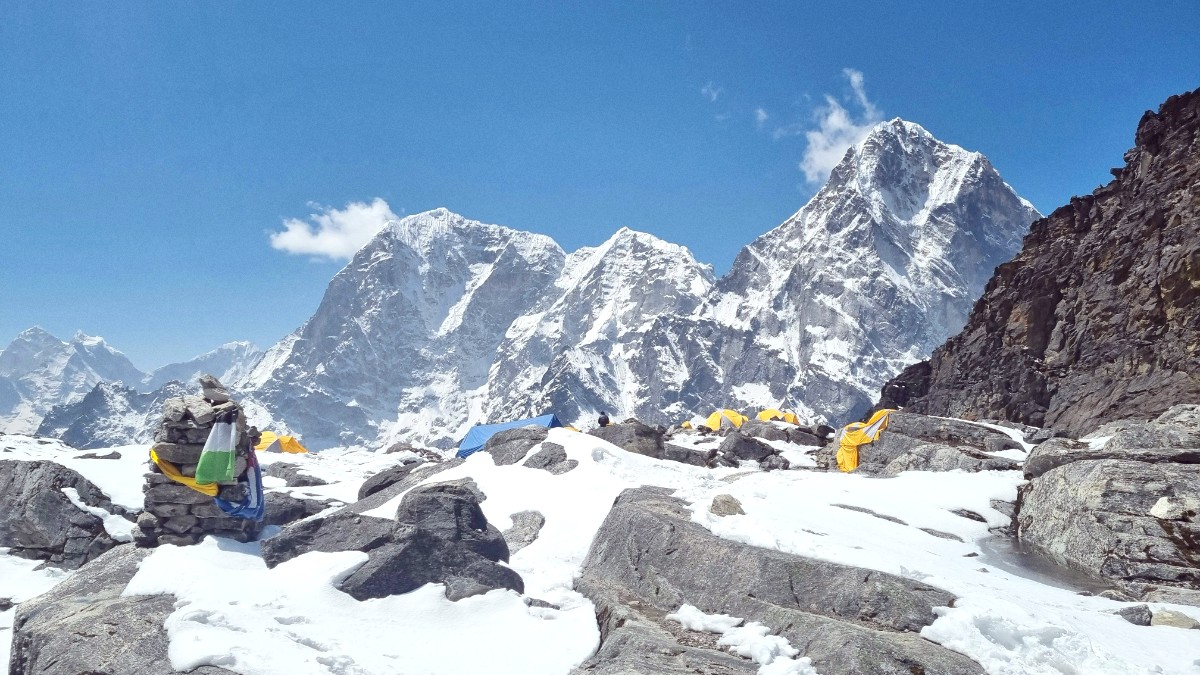
Nepal
High-altitude trekking pushes you to your limits, uncovering inner resilience and endurance. Overcoming daily challenges fosters a deep sense of accomplishment.
Standing in the shadow of Mount Everest presents a humbling perspective on nature's sheer scale. The vastness of the landscape makes personal worries seem small.
Living simply in teahouses, relying on basic amenities, and focusing on the walk nurtures appreciation for uncomplicated living.
Your journey to the Everest Base Camp presents an opportunity to leave a positive footprint.
Before leaving Nepal, if you have trekking gear you no longer need, consider donating it to local porters or a community organization.
The Himalayas cast a long shadow, and a successful EBC trek often ignites a desire for more exploration.
The Everest Base Camp trek goes beyond a geographical point; it presents an expedition into the heart of a remarkable culture and a testament to your capabilities. May your memories be lasting and your next adventure equally inspiring.